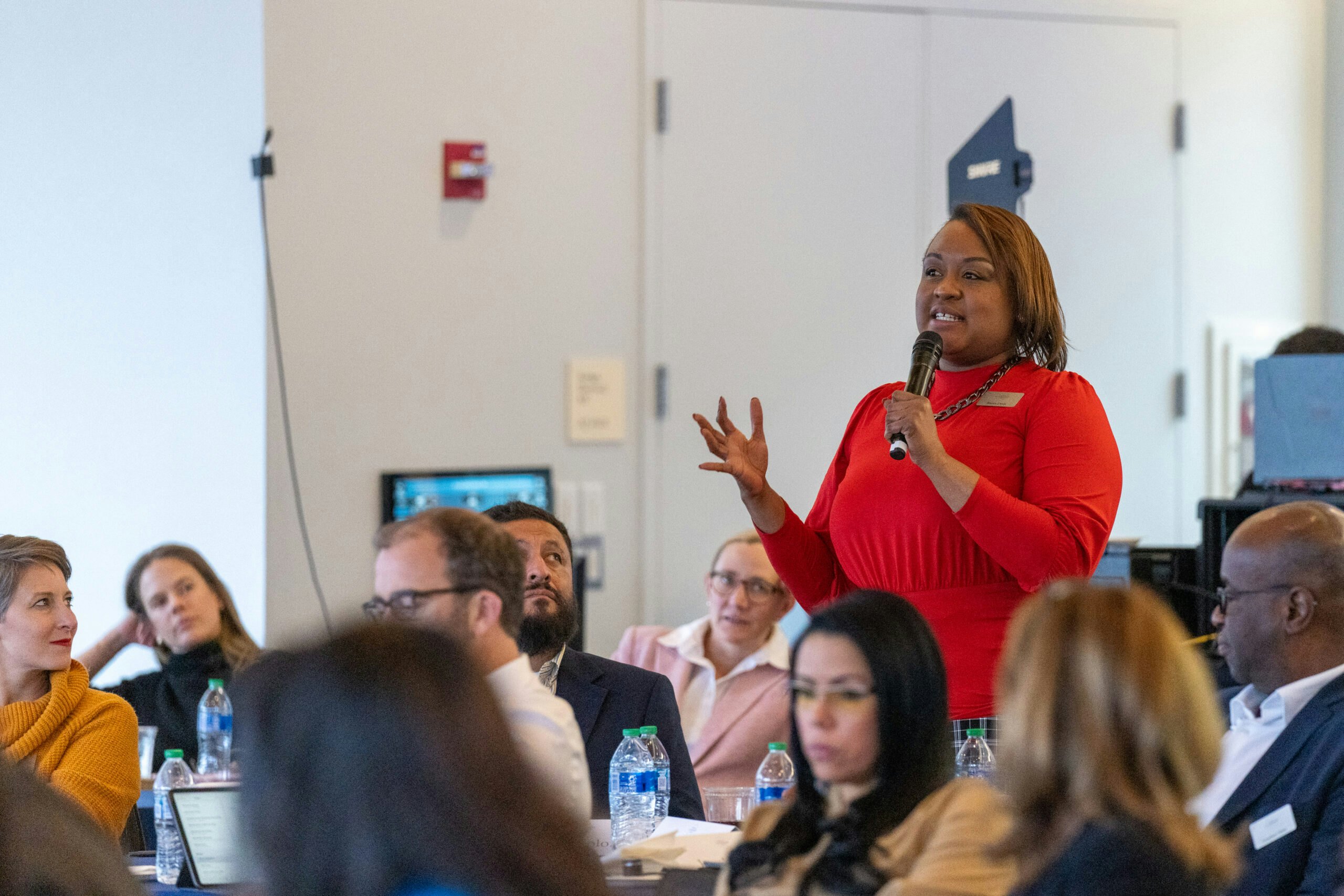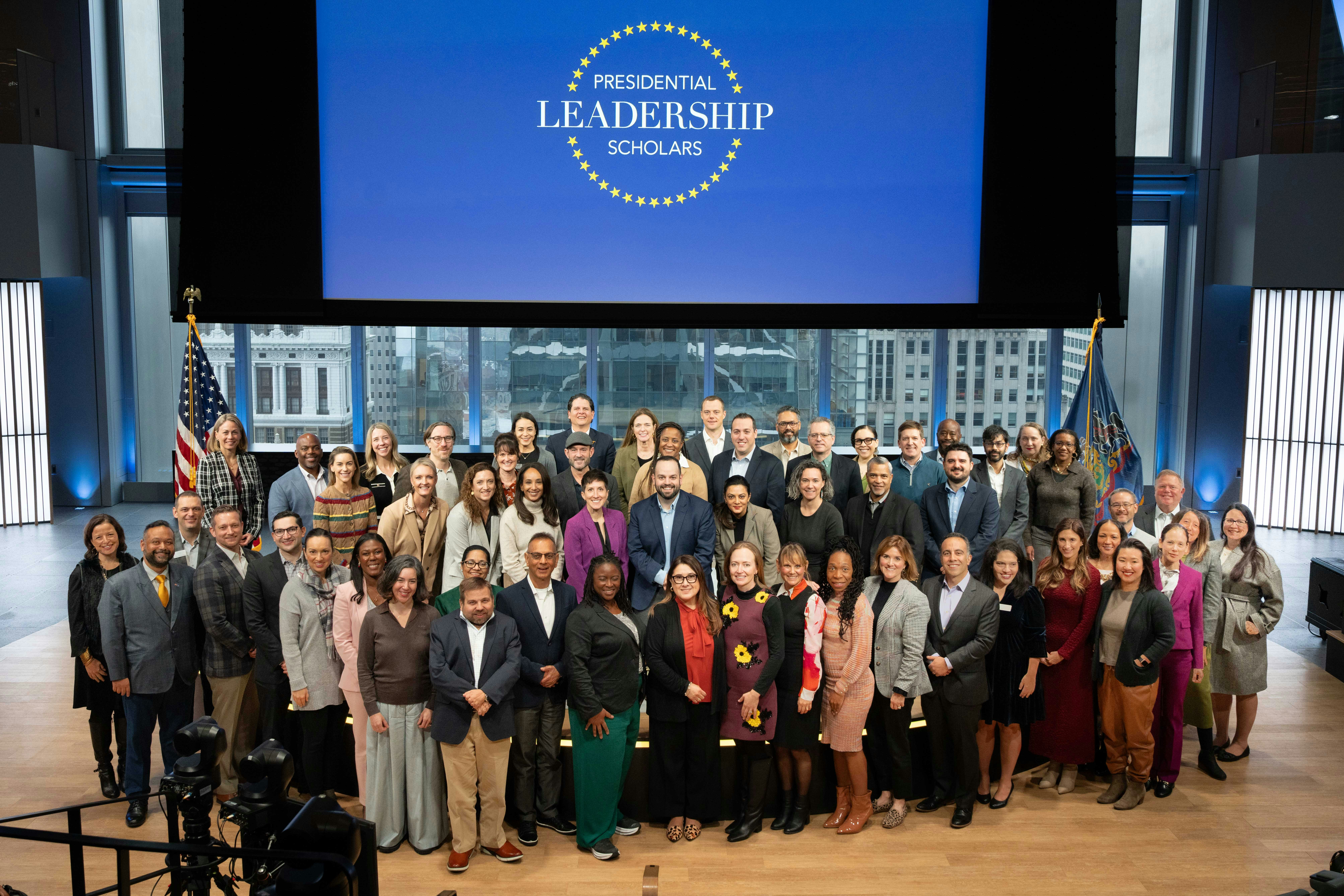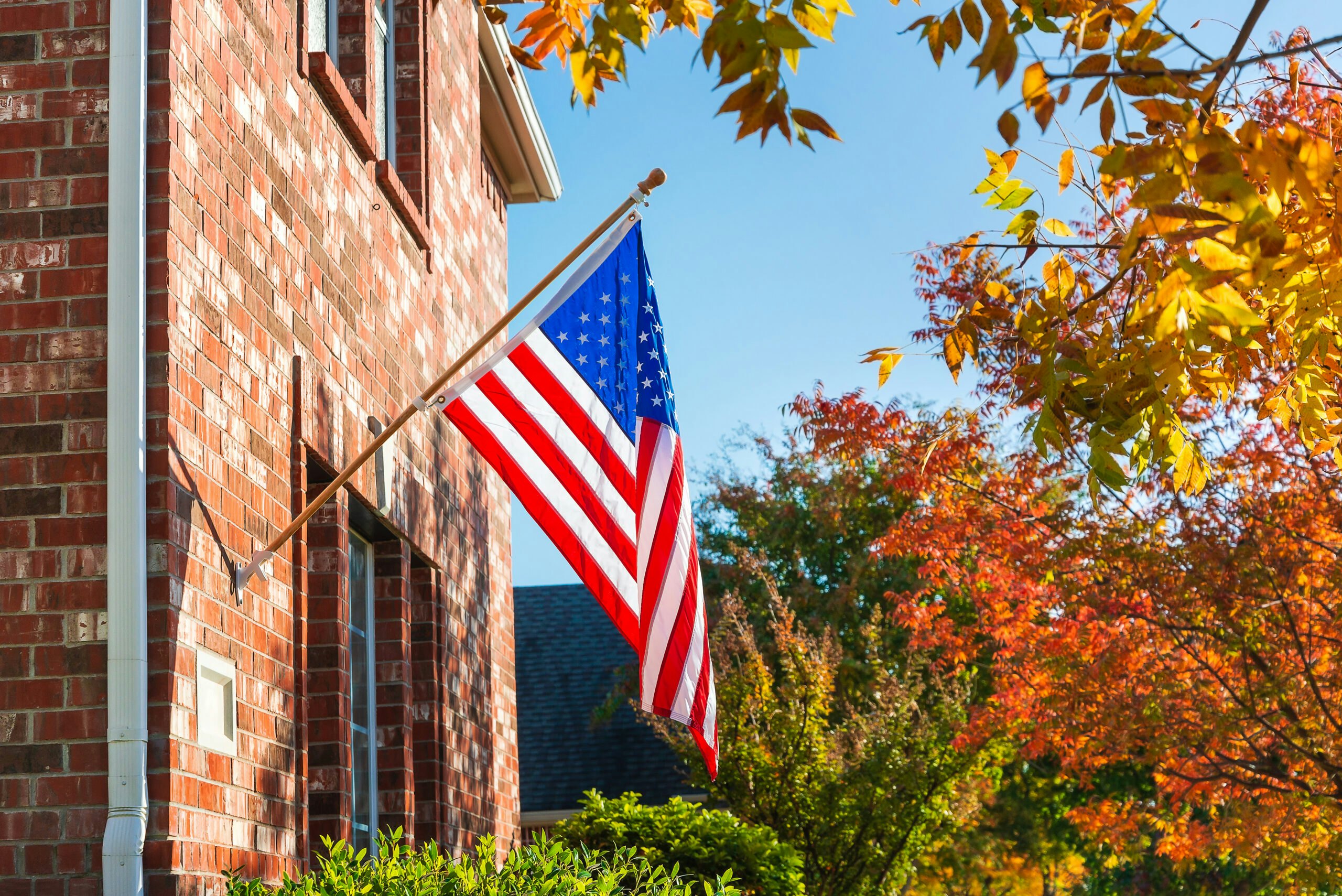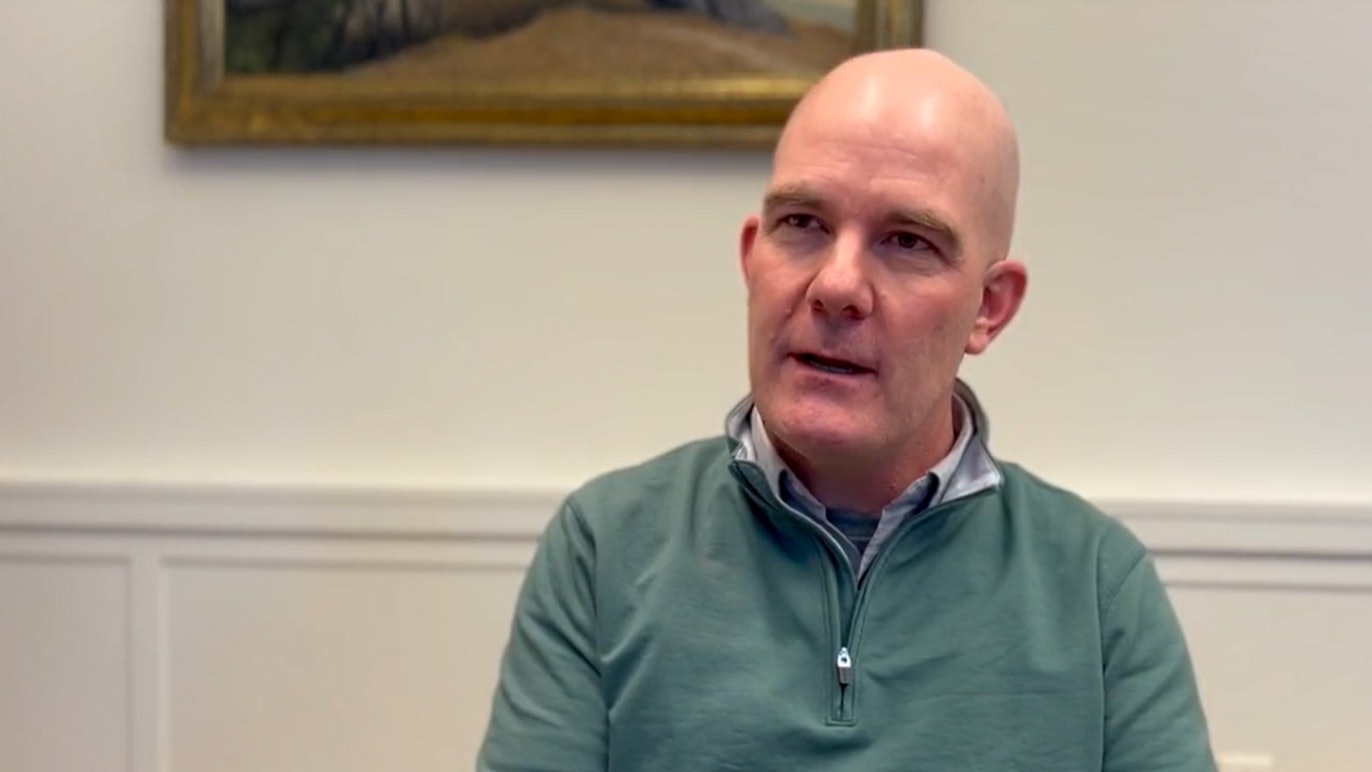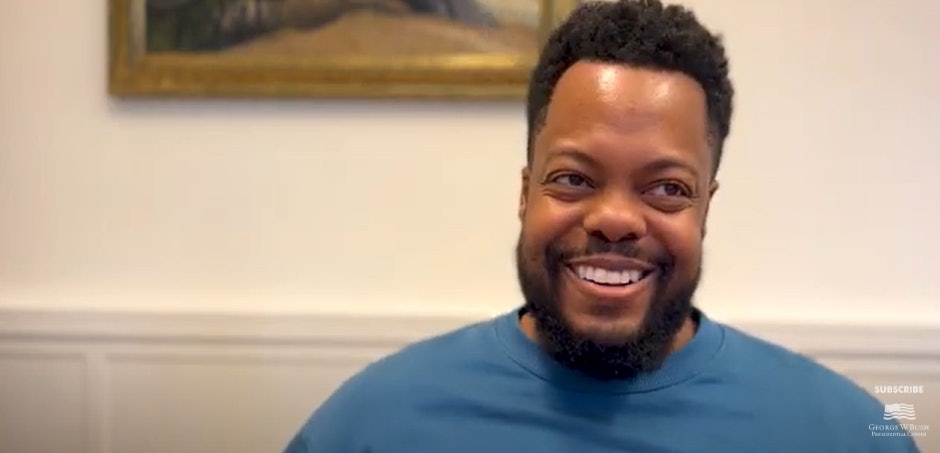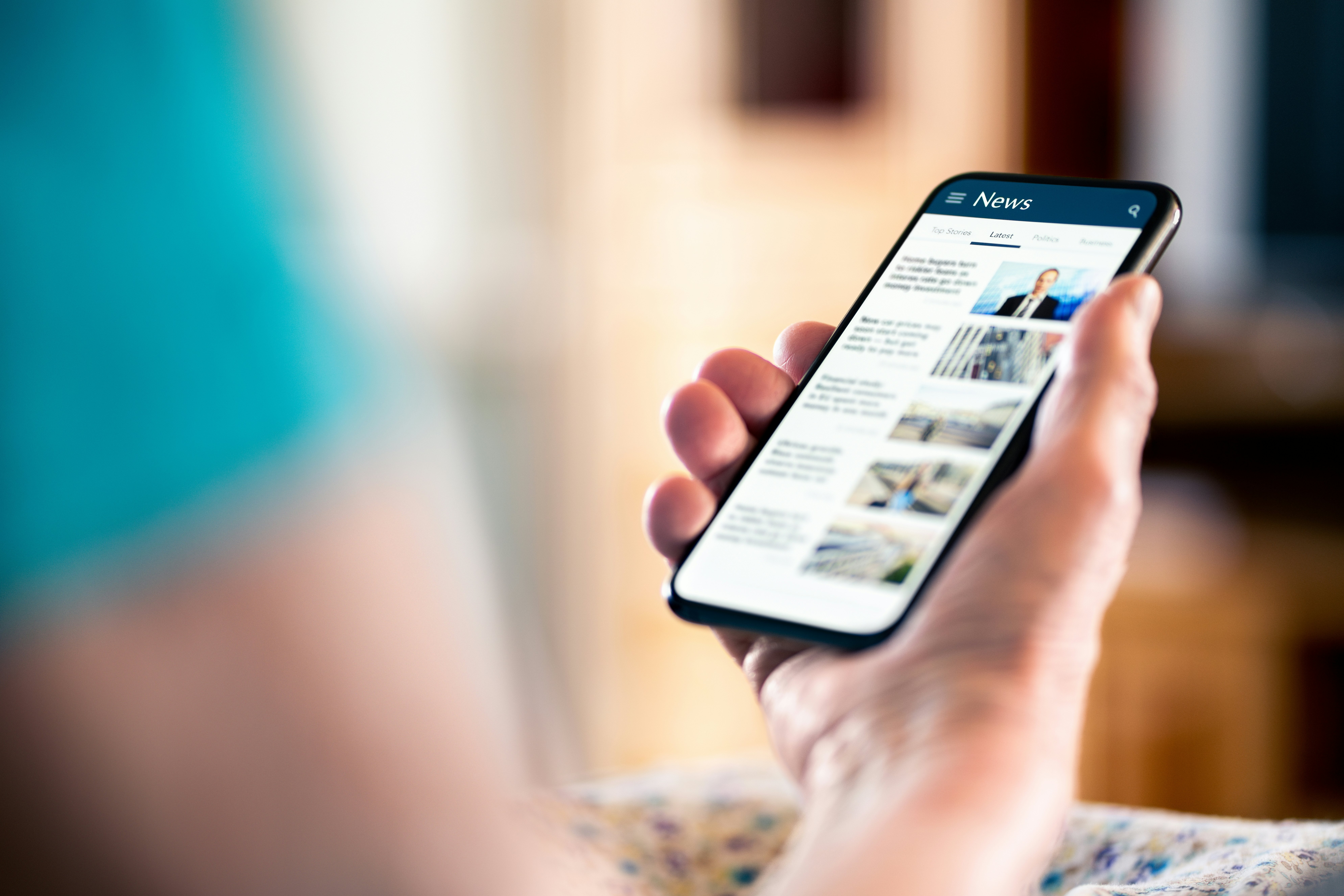Class of 2020 Scholar Maria Kim reflects on the current state of the world, lessons learned so far from the PLS program, and her hopes for the future.
That’s what Neil Young barked back at the man in the audience who shouted “It all sounds the same!”. The songs, how they turn, their lazy S curves, and the yarn of the tale – for this concert goer, it felt all the same; and for Young, that’s all good because each ditty was just a turn in the conversation – it’s all one song.
Mike Hemphill, Director of Academic Programming at the Clinton Foundation, shared this Young-ism at our inaugural session of the 2020 class of Presidential Leadership Scholars. This quote has hovered over and haunted me ever since, because it keeps ringing true. That if we take any chapter of who we are, or who we serve, or how we lead, or how we love in isolation, it may feel clunky and disjointed and may not make sense. We have to understand the prequel to appreciate the now. We have to tease the sequel to propel that now forward. We have to know that our stories are perceived and received in the context of our observers, that – as Mike would say – “we are born into the narratives of other people.” It’s all one song.
In a time like today where we feel uncertain at best, and profoundly lonely at worst, I find myself really reflecting on the past – the long ago past and the very recent past – as if in film strips of time that I can watch and let wash over me in a new way, today. Most recently, I have replayed lessons from the early stages of this fellowship that – when studied in the quiet of covid-19, this unexpected and prolonged space of transition – become profoundly clear, lovely, and actionable. Sadly and unsurprisingly, this past week we were notified that the Presidential Leadership Scholars program has been postponed; and as I see our WhatsApp thread blow up with notes of concern, and melancholy, but most of all support and profound community, I mourn the loss of the experience we were about to have, while also feeling centered by the inaugural experience from which we just emerged.
From Mike, we learned to “hold openness to learn from unexpected places.” If this crisis in our country – and in our world – is not an example of an unexpected place, I don’t know what is. This moving of the earth beneath our very feet, this silent hurt that the unknown can well up inside of us, and (for those of us who live alone) this echo of our own voice in what feels now an at once cavernous and concave space – it’s all so disorienting, and tethering, and new. Yet inside this labyrinth, we are learning from and leaning on each other in ways I never imagined. For myself as a leader, I am learning the importance of abundant communication – these days can pack a punch, and in some ways, time can slow down when you’re turtled in your own home – away from your general community, disconnected from the daily stimuli of coffee with colleagues, lunch in the staff cafe, in-person meetings galore (did you ever feel like you would miss your meetings as much as you do now?). And so in this shift from abundance to absence (or abundance of one sort [work] to abundance of another sort [family]), we can feel eerily disconnected from the enterprise that used to be our touchstone throughout the traditional business day. To combat this disconnection, we must re-stitch new connection, and we can do this through frequent and robust communication. Communication that’s at once silly, and structured, and sound, and assuring. Communication that’s honest, and transparent, and realistic, and true. People need to know you see them, you feel things with them, you share what you know in the best way you know, and you keep as many of the artifacts, rituals, and traditions as you can alive – in new ways, in innovative ways – so that we all remember even if we are spatially apart, we are socially connected stronger than ever before.
I also find that the pace of communication has both accelerated and slowed down during this time. I feel the adrenaline of the acceleration – grateful for the precision and the exactitude of decision making during a wacky time of crisis, and the intention of the deceleration – the peace and the presence of being more available to each other because we have less stimuli to distract us. Last month, I had the opportunity to meet Secretary Andy Card (you may remember him as President George W. Bush’s Chief of Staff during 9/11 – the gentleman who whispered in 43’s ear on that fateful day that America was under attack). He shared with me this amazing story of his grandmother Elizabeth French Platz Card. She believed so much in the virtue and the value of each of her children and grandchildren that their biggest fear of letting her down was only beat by their biggest joy of rising to her bar. She used to say to him: “taste your words before they come out of your month.” Clearly, this was an admonition of a young boy who was occasionally at risk of saying the wrong thing, but as I sit with these words today, they have new relevance. Think of the many times you have been asked this week: “how are you?” and you actually stopped the locomotion that is the typical velocity of your conversation, and you slowed down and said, “actually … things have been a little rough. How are you?” Imagine what happens when we slow down and really sit with the words as they come out our mouths – not as things to throw away, but as words to lean on and from which to learn. I wonder if the speed of change we’re going through right now creates a slowness of (and therefore a more real) connection.
In Mike’s words, “we have a tendency of looking through communication to the outcome, as opposed to looking at communication and understanding how we got there.” He argues that the how of our communication often tips the scales more than the what. Today’s forced innovation in how we connect with one another can lead to organic openness to how we challenge one another. It gives us the platform to show up as our better selves and to as Secretary Card’s grandmother would say, “not leave the room before you’ve entered the door.” In the last week alone, I have spent more time talking on the phone or in video chat than I have in an entire month. We are realizing that the only way we can move things forward in an ever-uncertain and fragmented environment is to be actively and meaningfully in touch, is to be present in a way that we’ve never been before. I see more people leaning in on calls, animated, and activated. I hear more voices from traditional introverts who historically have not chimed in as frequently in un-virtual settings. I see genuine joy between colleagues so happy to see one another – albeit on a screen – to see the art they have on their wall, the lunch they made and wished they were sharing with others, the way the furrow of their brow tilts up when someone says something that makes no sense. I see the power of deep and veritable connection, a time that defies “social distancing” while honoring “spatial distancing”, a time that loves up on and enables the power of human connection as the very antibody that we ever more need. And I believe the constraints of today’s space and the place are pushing us to do the very thing Ms. Card implored us to do – which is to be present, with each other and for each other, to recognize that the time together is a gift, and to listen with the whole of our selves so that we can be the best of our selves – not just in this crisis – but for good.
It’s all one song.



